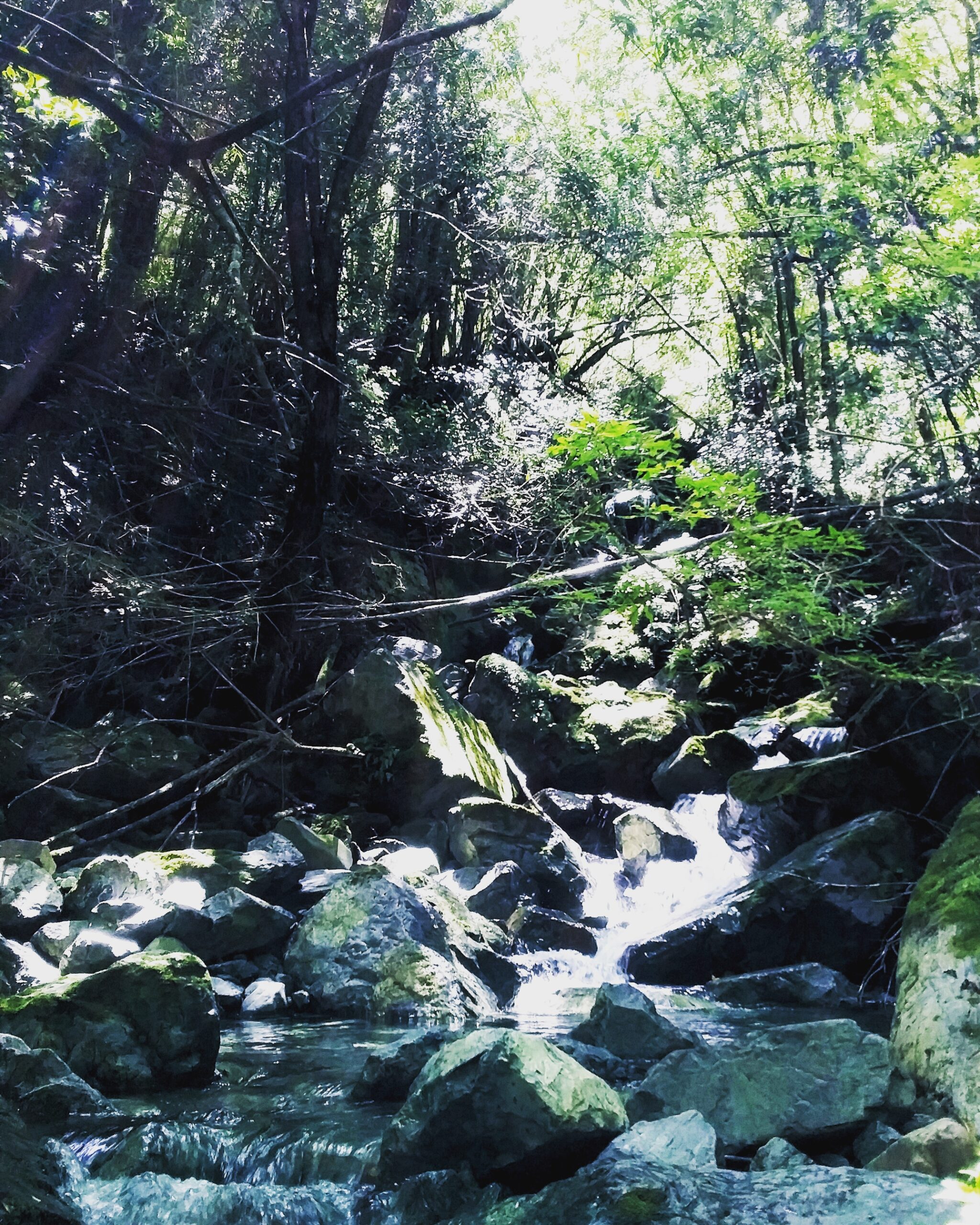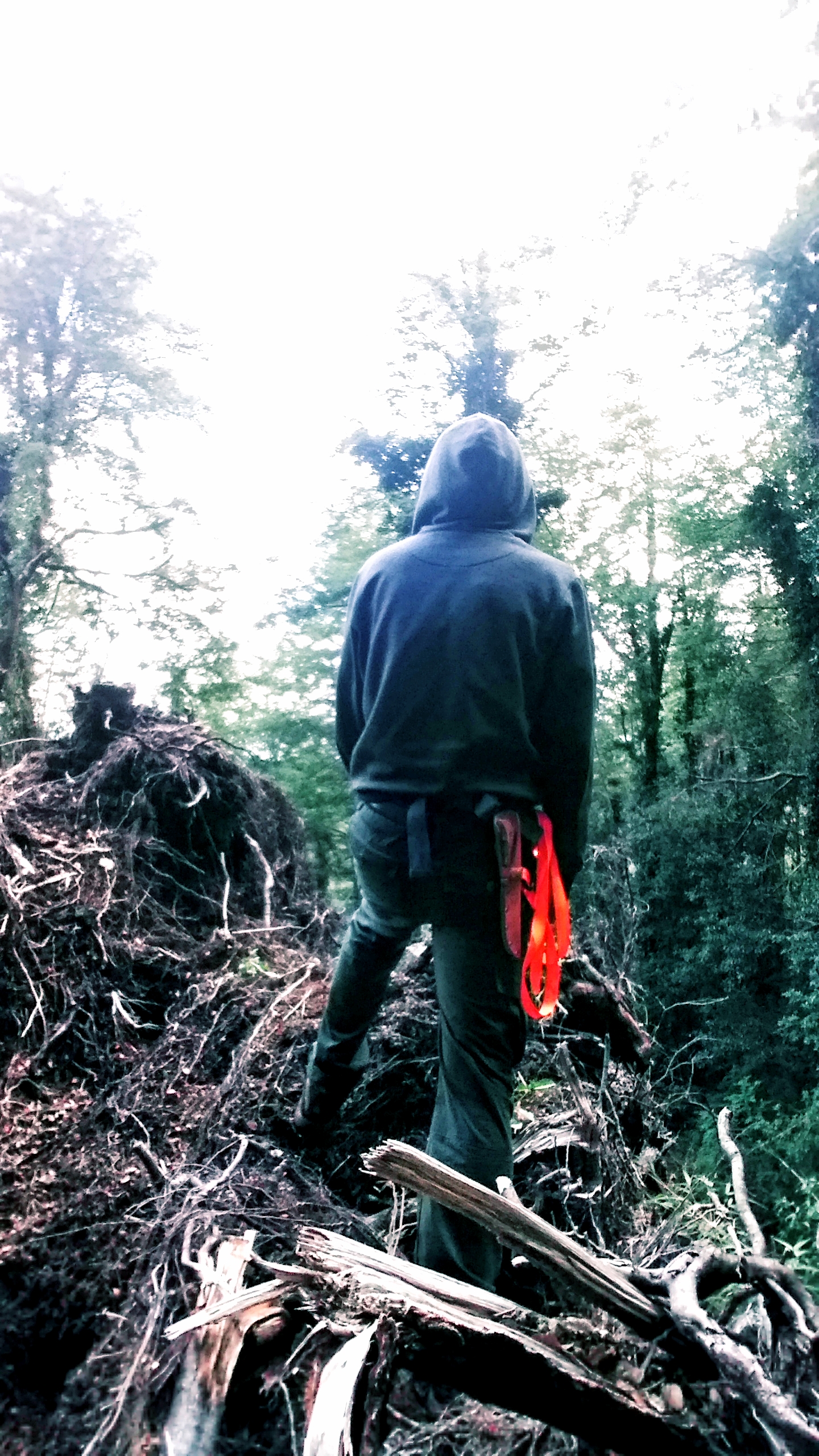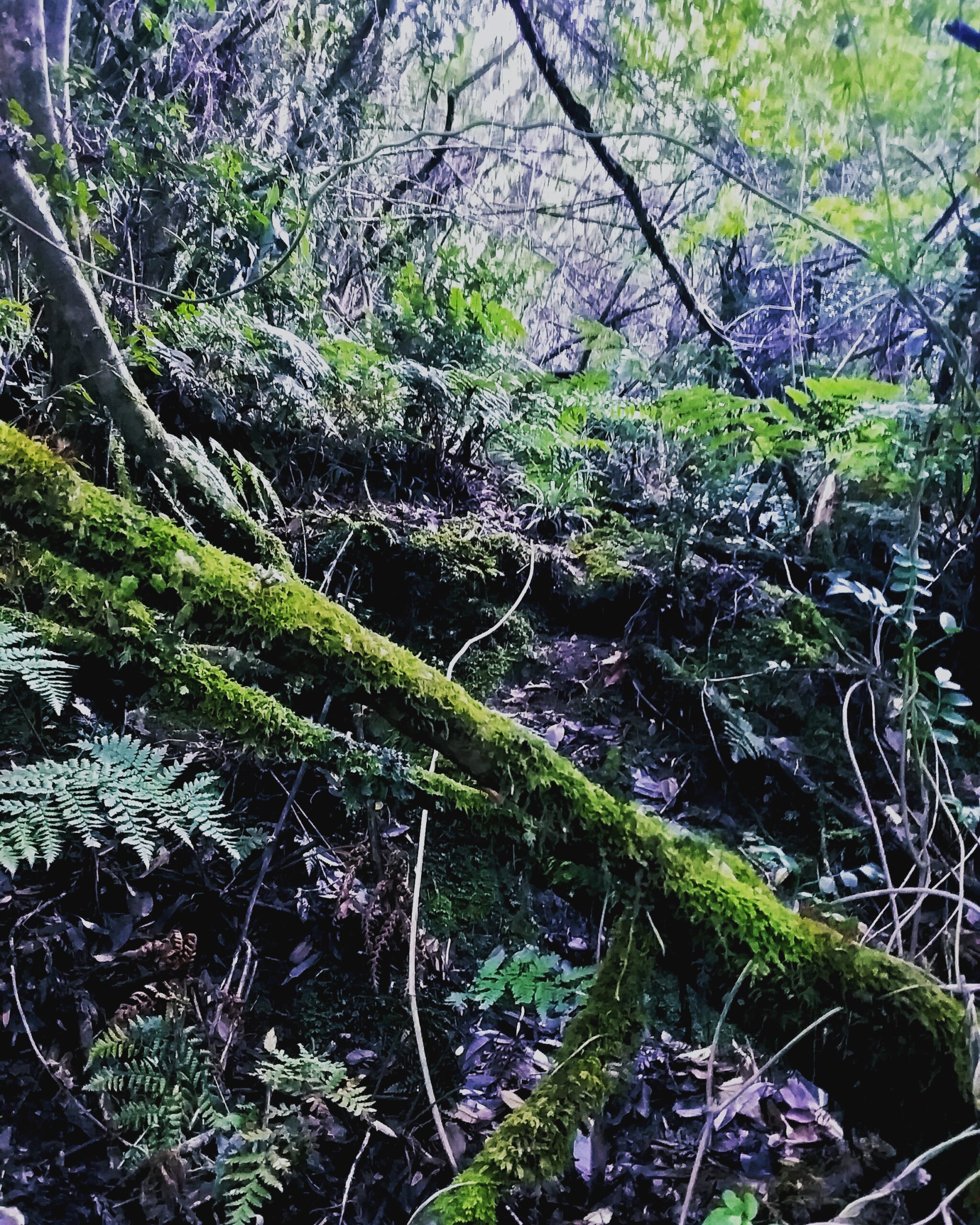
As time and urbanity and civilization (that is, human beings and their creations and constructions) advance, landscapes continue to exert an increasingly greater attraction on human beings; a kind of atavistic call that Jack London would address in his Call of the Wild through Buck, the protagonist dog of his story:
But especially he loved to run in the dim twilight of the summer midnights, listening to the subdued and sleepy murmurs of the forest, reading signs and sounds as man may read a book, and seeking for the mysterious something that called—called, waking or sleeping, at all times, for him to come.
In preterite, ancient times, the Wild did not exercise more than the call to live submerged in mystery because, as one can suppose in the context of Paleolithic life, there was no perimeter that delimited the end of the domain of the elemental beings and the beginning of the domain of human beings. Nowadays, from an ecological perspective, it could be understood that Homo sapiens exerts a dominance not in numerical terms, but rather an enormous dominance in terms of influence: probably, human beings will not destroy the planet as the most alarmist claim, but definitely the anthropic presence can leave synchronous marks on the environment if a human scale vision is taken into account, where our descendants will contemplate the landscapes of the diverse ecosystems as a derivative of a previous derivative. From a perspective of geological eras, it is very likely that synchronous modifications lack importance because it is the diachronic vision (this rope that intertwines many small strands of individual and atomized experiences and knowledge) that prevails between a supposedly time t = 0 and a time t = 1, disregarding the infinite t that are contained between 0 and 1.
The advancement of cities and corresponding progress also translates to an advancement in the search for and experiences of the wild, where humans seek to immerse themselves in chthonic anarchy through ecstatic journeys that fracture normalcy. And so, humans begin to engage in activities to delve into the mystery.
Illud mysterium nulla ratione naturali potest demonstrari positive, quod sola revelatione cognosci potest.

Hiking and trekking are becoming increasingly popular with the passing of centuries, and writers such as Julius Evola, Ernst Jünger, John Muir, and Henry David Thoreau have spoken about the virtues of immersing oneself in the wilderness. Both disciplines have positioned themselves as favorite activities of contemporary man seeking contact with nature, presenting distinctions between them. Hiking differs from trekking in that the latter is related to the search for pathless places that require greater physical effort and also involve a greater presence of danger. In trekking, there is a certain passion for the illicit and unexplored, while hiking is more lawful, contemplative, and conservative (although not less rigorous because of it).
With intentionality, preparation, and rigor, any discipline can be used as a tool that transcends the objectives of the discipline itself. In this way and with respect to this dimension (that of the ulterior and transcendental work), two modalities of trekking can be derived and understood: one profane, regular, and the other initiatic, mysterical and mystical, since it is associated with the mysterium tremendum.
This initiatic trekking distinguishes itself from exoteric and functional trekking in that it presents itself as an alchemical path for the individual, where on the one hand it includes the exoteric work of functional trekking (contemplating landscapes, subjecting the body to physical effort, observing flora and fauna, etc.), but at the same time, it is carried out under an approach that can be either that of enlightenment or darkening, depending on what the initiatic hiker deems necessary within their work. Thus, entering into the exploration of the wild is also a technique for exploring the rugged inner landscapes of the human being, a dimension that is little explored due to the abandonment of civilized man caused by the overstimulation to which he submits himself every day. In initiatic trekking, the individual must be capable of differentiating and discerning between the mirage of stimuli that surround them and the true experience of observation, where their senses are no longer lacerated by directed imagination, so that the human being approaches the sensory experience in a primitive way, despite their previous knowledge and experiences.
The sacred and the profane for man dissolve when entering into the mystery of the wild. There is no escape from reality, but rather an immersion in it, in being, in the ecstatic acéphalism that floods the initiate upon entering the Cathedral that destroys the pollination of overstimulation of civilized life, leading them to exterior places beyond the veil, as well as explorations that pilgrimage among the branches of the unfathomable and fascinating mystery.
